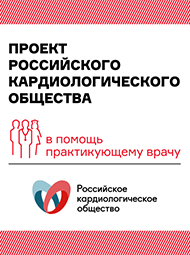Delayed time to conversion for acute AF increased thromboembolic event risk
A delay in time to conversion of 12 hours or more from the time of acute atrial fibrillation symptom onset was associated with increased risk for thromboembolic complications, according to new data from the CardioVersion study.
Researchers studied 2,481 adults with a primary diagnosis of AF. All underwent successful cardioversion in an ED within 48 hours of acute AF from 2003 to 2010. Patients were grouped according to time to cardioversion following symptom onset: <12 hours (n=2,440), 12 to 24 hours (n=1,840) and 24 to 48 hours (n=836).
Successful cardioversion, without anticoagulation, occurred in 5,116 cases.
In total, 38 thromboembolic events occurred in 38 patients (0.7%), 31 of which were stroke. The incidence of thromboembolic events was significantly higher in patients with a 24- to 48-hour time to conversion compared with patients with cardioversion within 12 hours (1.1% vs. 0.3%; P=.004). Multivariable analysis indicated that increased time to cardioversion was an independent predictor of thromboembolic complications (OR=4; 95% CI, 1.7-9.1 for 12 to 24 hours vs. <12 hours and OR=3.3; 95% CI, 1.3-8.9 for 24 to 48 hours vs. <12 hours).
“We found that a delay to cardioversion of 12 hours or longer from symptom onset was associated with a greater risk of thromboembolic complications,” the researchers concluded.
However, they noted, verification of the duration of AF via real-world evaluation in the ED was a primary limitation of the analysis.
Other factors associated with increased risk for thromboembolic events included advanced age (OR=1.06; 95% CI, 1.03-1.09 per year), female gender (OR=2.1; 95% CI, 1.1-4.3), HF (OR=3.5; 95% CI, 1.4-8.6) and diabetes (OR=2.7; 95% CI, 1.3-5.8).
Source: www.healio.com






